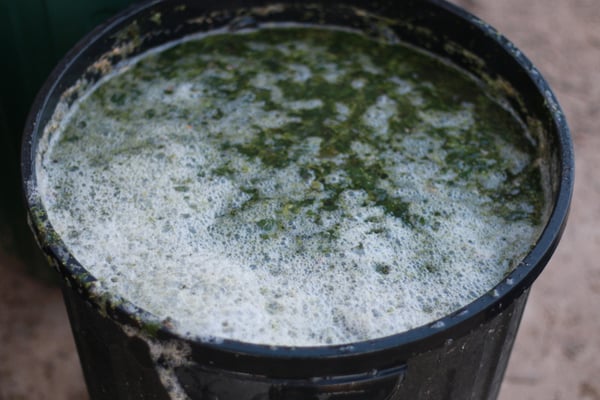Govt asks stakeholders to show if tea is still high value commodity

A tea plantation in western Uganda where the crop is widely grown. PHOTO | FILE
What you need to know:
- 93 percent of the tea grown is sold through auction in Mombasa at throw away prices due to quality issues.
The Ministry of Agriculture has said it has tasked tea stakeholders to come up with a profitability analysis to inform government whether tea is still a high value commodity.
Speaking at the inaugural Tea Multi-Stakeholder Platform workshop last week, Mr Fred Bwino Kyakulaga, the Agriculture state minister, said the information tea trade stakeholders had presented to government previously, was disputed, but considering that 80 percent of tea farmers have gardens of four acres and below, they should be supported because they are the kind of farmers targeted in the Parish Development Model.
“Under the parish development model we are considering those with four acres and below. That is why I have tasked stakeholders to come up with the profitability analysis so that we know whether tea is a high value commodity,” he said.
Asked whether government still considers tea as a cash crops, Mr Kyakulaga said of the 200,000 hectares available, only 60,000 hectares have been farmed and 93 percent of the tea grown is sold through auction in Mombasa at throw away prices due to quality issues, which hinder the commodity from being sought after as a premium brand.
Together with the private sector, he said, government had developed a tea policy, which has been submitted to Cabinet to create a fine tea brand for Uganda covering the entire value chain.
Mr Onesmus Matsiko, the Uganda Tea Out-growers Association, said as a country, Uganda’s tea production remains way below target with farmers producing just 1,800 kilogrammes of tea per hectare instead of the targeted 4,000 kilogrammes per hectare annually.
Purpose of meeting
According to Felicity Palumira Achan the country manager Solidaridad, the convenors, said the meeting sought to forge ways through which laws governing the tea sector can be formulated to ensure sustainability in tea production




